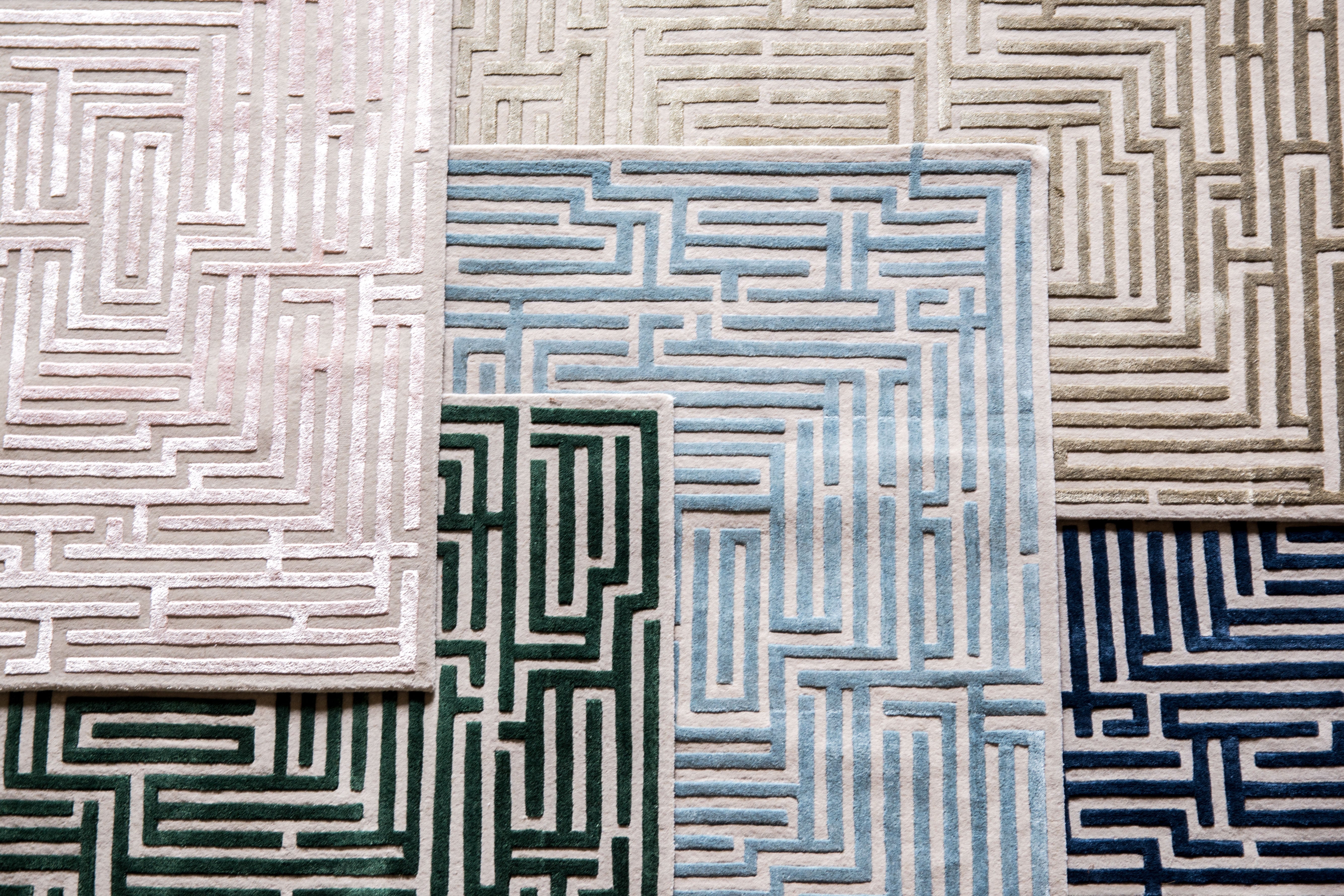Understanding the Purpose of a Pilot Hole

Every master craftsman and even the DIY enthusiast knows the feeling—you're about to drill a hole into wood, metal, or any hard surface, and that age-old question arises. Do you need to start with a pilot hole? A pilot hole is a small, pre-drilled hole used to guide the drilling of a larger hole. Pilot holes are commonly used in woodworking, metalworking, and construction projects. They are an important part of the drilling process and serve several purposes.
In this article, we will discuss the purpose of a pilot hole and why it is an essential step in many drilling projects.
Accurate Placement of Holes
In metalworking and construction projects, accuracy is critical. By drilling pilot holes, one provides a guided pathway, ensuring that the final hole is precisely where it needs to be. It also helps to prevent the drill from slipping or wandering off course, resulting in a more accurate and even hole.
This level of accuracy is essential in projects requiring tight tolerances or when mounting hardware that must be perfectly aligned. Furthermore, drilling pilot holes first allows for more precise and consistent placement in situations where multiple holes are required at specific intervals or angles. This is especially important when working with delicate materials or when the final product requires high precision.
Prevents Wood from Splitting
One of the primary functions of a pilot hole is to prevent the wood from splitting when screws are inserted. This is especially crucial in woodworking, where the aesthetic and structural integrity of the piece are paramount. By drilling a pilot hole, the wood fibers are pre-emptively cut, creating a path for the screw to follow.
This process significantly reduces the outward pressure that can cause the wood to crack or split, particularly at the edges or when using large screws. Additionally, it allows for more precise placement of screws, ensuring that fixtures and joints are secure and properly aligned. Ultimately, this practice results in a cleaner, more professional finish and a stronger, more reliable construction.
Easier Insertion of Screws
Pilot holes are commonly used in woodworking projects to make it easier to insert screws. With the ground already prepared, screws can be inserted much more efficiently and with less effort. This is particularly advantageous when working with harder materials that might resist the screw's threads.
The reduced resistance ensures that screws go in straight and also minimizes the risk of stripping the screw head or breaking the screw itself during insertion. For manual screwdrivers and power tools alike, this can also reduce the amount of physical exertion required, making the process smoother and faster. Overall, pilot holes streamline assembly, proving crucial in preparation and execution.
Prevents Damage to Drill Bits
Drilling holes can be costly, and replacement drill bits are expensive. The drilling process can significantly strain the drill bit's tip when working with hard materials such as metal or concrete. This pressure is compounded when attempting to create larger holes without a pilot hole.
By starting with a small pilot hole, one helps alleviate the strain and prolong the life of the drill bits. Pilot holes remove some material before attempting to bore a larger hole, which reduces resistance and heat build-up. Ultimately, this not only preserves the condition of one's drill bits but also saves time and money in the long run.
Facilitates Faster Drilling
Pilot holes can help to speed up the drilling process. As mentioned before, a pilot hole removes some material first, making it easier for the larger drill bit to create a hole quickly and efficiently. This is especially beneficial when working with harder materials or when creating multiple holes in succession.
Using pilot holes also reduces the risk of damaging the surface while drilling. This is especially important when working on delicate or expensive materials, such as fine furniture or specialized machinery. By taking the time to drill pilot holes, one can avoid costly mistakes and delays in their project.
Enhances Screw Tightness and Stability
In woodworking, pilot holes are crucial not just for preventing wood splitting but also for improving screw tightness and stability within the hole. A pilot hole guides screws, allowing them to be inserted straight and smoothly. This creates a snug fit between screw threads and material, ensuring a secure connection.
Furthermore, pilot holes can also help to prevent screws from loosening over time due to wood shrinkage or other environmental factors. By creating a snug fit between the screw and the material, one lessens the chances of the screw coming loose or the joint weakening over time. This is especially crucial in load-bearing structures where stability and longevity are paramount.
Pilot holes represent any successful drilling operation's controlled, measured starting point. By understanding their purpose and how to employ them effectively, you protect your materials and elevate the quality and longevity of your craftsmanship. Whether you're a professional woodworker or taking on your first DIY project, the humble pilot hole is a step to take. Its meticulous preparation and precision mark a considerate and skillful maker.









